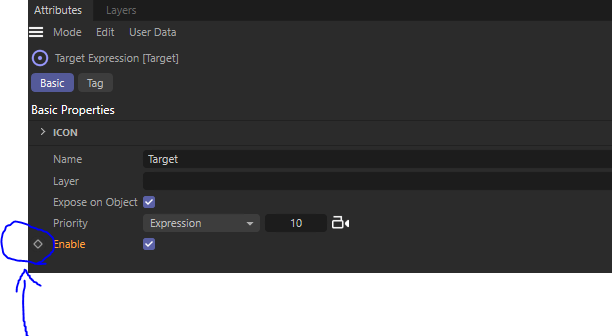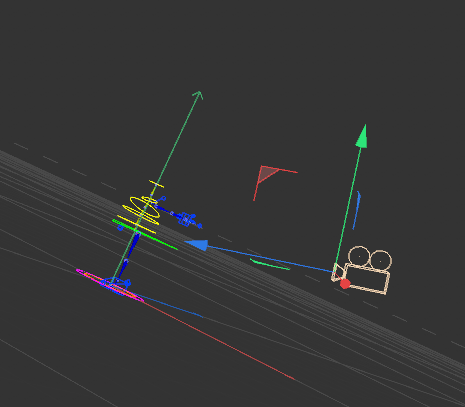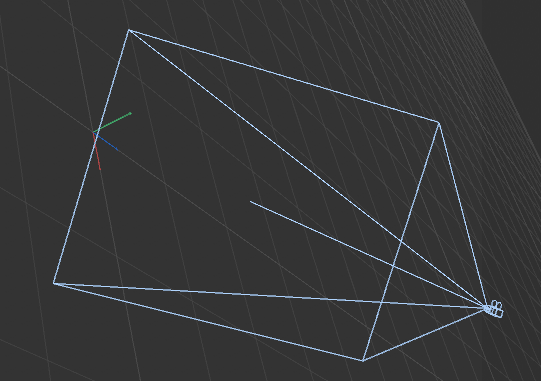Hi,
I am looking for hit point. Then if I understand well, my only way would be to use GeRayCollider on all objects ?
A point-something projection will also give you a "hit-point" in some sense. The question is if you want to find the closest point for a point on some geometry (projection), or a point on a geometry for a point and a ray (intersection). GeRayCollider realizes ray-triangle intersection testing for PolygonObject instances. For multiple objects you must initialize multiple collider instances (or reinitialize one instance). But you cannot intersection test a null, a spline, or joint object as shown in your screenshot as they do not contain any triangles. When you are just interested in the closest point in some discrete geometry, you can use ViewportSelect or the more modern maxon API equivalent maxon::DistanceQueryInterface with a slightly different and more abstract purpose. ViewportSelect can also be used to pick the object in a scene which is closest to a point (for the cursor for example) for further testing with other methods.
In maxon::GeometryUtilsInterface you will find some basic building blocks for writing something of your own.


